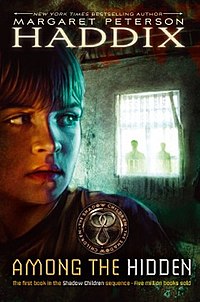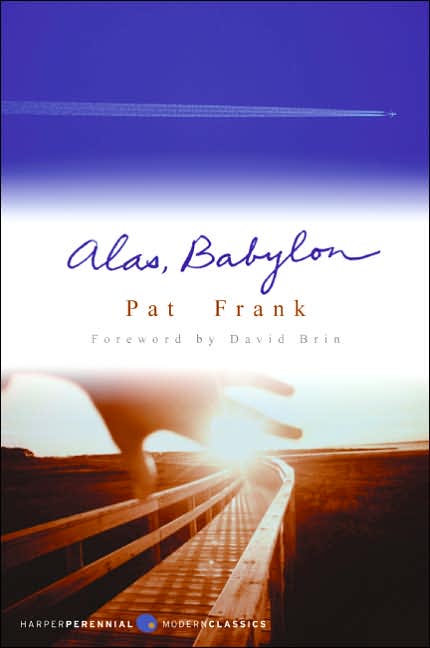 |
| Roxy Regional Theatre |
It’s difficult for me to share a valid opinion on this topic due
to the fact that I have only read very few science fiction novels. However,
judging by the ones I have read, (Frankenstein, The Giver, 1984), I definitely
disagree with the opinion of literary scholars. Science Fiction requires a
special kind of brilliance. To write science fiction, the author needs the
ability to understand what the major philosophical and moral issues we have; especially
those issues that will affect us in the long run. This type of Knowledge is necessary in order to create a futuristic world that may very well stem from the world we currently live in.
 |
| Open Culture |
Many of
the science fiction novels, for example, have symbolic ways of displaying how
we use our emotions in life. At the beginning of Do Androids Dream of Electric
Sheep, we are introduced to the idea of being able to control our emotions. At the
beginning the two main characters are shown taking certain medications based on
the type of mood they’d like to be in. It also seems to be a more convenient
approach to maintaining relationships. Although the relationships are falsified
due to the fabricated emotions, it still appears to be functional. Another
example of this is in the book The Giver. The reader is presented with another
futuristic society that seems to be controlled by eliminating imperfections,
including emotions. In The Giver, people are unable to recognize color,
weather, and even emotion. When young boys and girls begin to hit puberty, they
are sent to a lab where they are forced to take a medication that suppresses any
hormonal behavior.
I feel
that science fiction is just as relevant to literature as any other genre, if
not more relevant. Science fiction allows one to ponder the ways in which a
futuristic society could crumble (or succeed) based on the way we live now. There
are so many ways in which our consumer driven, emotionally unstable, and widely
corrupt world could result in. In science fiction novels, the different
outcomes of consumerism and corrupt power are depicted. Although many science
fiction novels, as well as movies, could be greatly exaggerated, there are most
definitely various truths to some of these matters; making science fiction
something that is still incredibly important to become familiar with.







